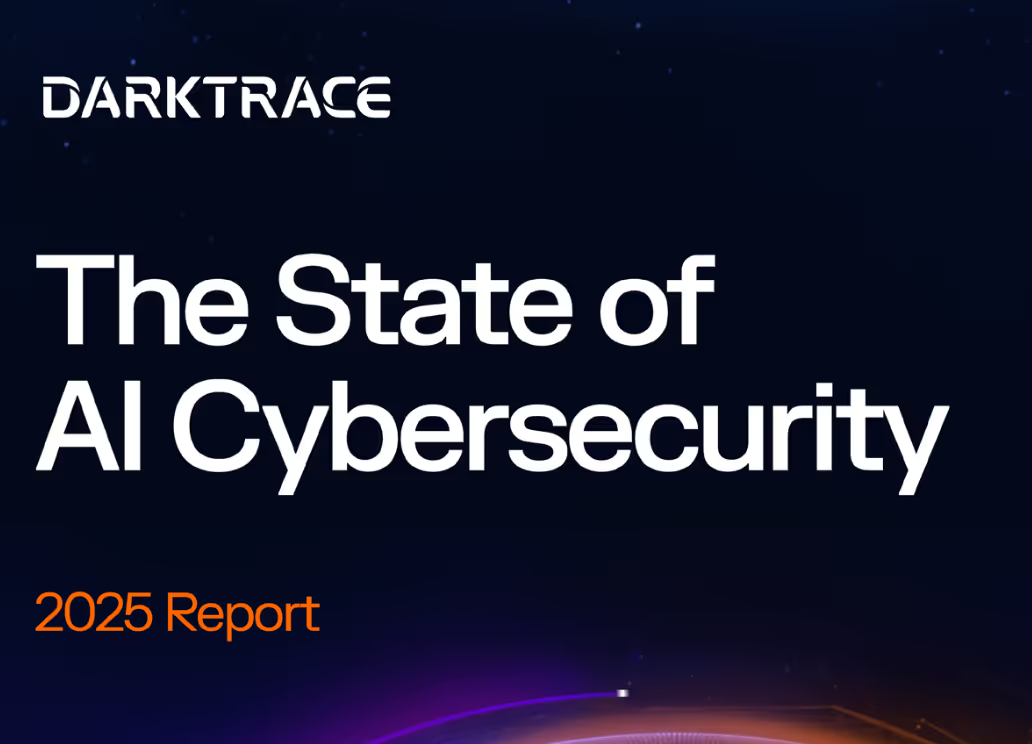Cybersecurity for Retail & Ecommerce
Introduction to Cybersecurity for Retail & Ecommerce
In today’s digital age, retail and ecommerce industries are increasingly becoming prime targets for cybercriminals. With the rise of online shopping and the integration of advanced technologies in physical stores, the need for robust cybersecurity measures has never been more critical. As businesses in this sector handle vast amounts of sensitive customer data, they face growing risks of cyber-attacks that can lead to significant financial losses and damage to their reputation. This article explores the critical aspects of cybersecurity for retail and ecommerce, providing insights into the industry’s unique challenges and effective protection strategies.
Understanding Retail Cybersecurity
Retail cybersecurity encompasses the strategies, technologies, and best practices employed to protect retail businesses, both online and brick-and-mortar, from a wide range of cyber threats. As the retail industry continues to evolve, particularly with the integration of ecommerce platforms, mobile payment systems, and connected devices, the potential attack surface for cybercriminals significantly expands. The convergence of physical and digital retail environments introduces new vulnerabilities, making comprehensive cybersecurity strategies more essential than ever.
The technology infrastructure in modern retail is diverse and complex. It includes point-of-sale (POS) systems, customer relationship management (CRM) software, inventory management systems, and various online platforms. Each of these components plays a critical role in business operations but also introduces potential entry points for cyber-attacks. For instance, POS systems, which are often connected to both the internet and internal networks, can be exploited by attackers to steal payment card data. Similarly, CRM systems that store vast amounts of customer information are prime targets for data breaches.
Statistics underscore the retail industry's vulnerability to cyber-attacks. The consequences of these breaches can be severe and far-reaching. Financial losses stemming from stolen data, fraudulent transactions, and system downtime can cripple a business. Moreover, the legal liabilities associated with failing to protect customer information can result in costly lawsuits and regulatory penalties.
Beyond financial implications, data breaches in the retail sector can lead to a significant loss of customer trust. In an industry where consumer confidence is paramount, a single breach can tarnish a brand's reputation, leading to long-term damage. Customers expect retailers to safeguard their personal and financial information, and any failure to do so can result in a loss of business and loyalty. For example, a significant data breach that exposes millions of customers' personal and financial information could lead to widespread fraud and identity theft, further eroding trust in the affected brand.
Types of Cyber-attacks in Retail and Ecommerce
The retail and ecommerce sectors face a wide array of cyber threats, each with the potential to cause substantial harm. As these industries continue to grow and digitalize, the complexity and frequency of cyber-attacks have also increased, making it essential for businesses to understand the specific threats they face. Below are some of the most common and damaging types of cyber-attacks in the retail and ecommerce industry:
Account Takeover (ATO) is a form of identity theft where cybercriminals use stolen or weak credentials to gain unauthorized access to customer accounts. This type of attack is particularly concerning in retail and ecommerce because it can lead to fraudulent transactions, data theft, and significant financial losses. Once attackers gain access to a customer account, they can make unauthorized purchases, change account details, or even sell the account information on the dark web. To combat ATOs, businesses must implement secure access controls, such as multi-factor authentication (MFA) and continuous monitoring of account activity, to detect and prevent unauthorized access.
Online Payment Fraud
Online payment fraud is another significant threat in the retail and ecommerce space. This type of attack involves unauthorized transactions and credit card fraud, often exploiting vulnerabilities in payment processing systems. Cybercriminals may use stolen credit card information, phishing schemes, or even sophisticated malware to intercept payment data. The consequences of online payment fraud can be devastating, resulting in chargebacks, lost revenue, and damage to a retailer's reputation. To mitigate this risk, businesses should ensure that their payment processing systems are compliant with the Payment Card Industry Data Security Standard (PCI DSS) and employ encryption and tokenization technologies to secure payment data.
Data breaches are among the most damaging types of cyber-attacks for retail and ecommerce businesses. Retailers collect and store vast amounts of customer data, including personal and payment information. When cybercriminals exploit vulnerabilities in databases or networks, they can gain unauthorized access to this sensitive information, leading to a data breach. The consequences of a data breach can be severe, including financial penalties, loss of customer trust, and long-term reputational damage. For instance, a major data breach could expose millions of customer records, leading to identity theft and fraud. To protect against data breaches, businesses must implement strong data security measures, such as encryption, regular security audits, and secure access protocols to ensure that only authorized personnel can access sensitive data.
Phishing attacks are a common tactic used by cybercriminals to trick employees or customers into providing sensitive information, such as login credentials, payment details, or personal information. In a typical phishing attack, the attacker sends a fraudulent email or creates a fake website that mimics a legitimate organization, luring the victim into entering their information. Phishing attacks are particularly dangerous in the retail and ecommerce sectors because they can lead to account takeovers, data breaches, and financial fraud. To defend against phishing, businesses should invest in employee training programs that educate staff on how to recognize phishing attempts and encourage the use of secure access methods, such as MFA, to protect against unauthorized access.
Learn how modern threat actors use AI to turbo-charge their phishing attacks in the white paper "How AI is Changing the Phishing Landscape."
Ransomware
Ransomware attacks have become increasingly prevalent in the retail and ecommerce industries. In a ransomware attack, cybercriminals use malware to encrypt critical business data, rendering it inaccessible to the retailer. The attackers then demand a ransom, usually in cryptocurrency, in exchange for the decryption key. Ransomware attacks can cripple business operations, leading to significant financial losses, downtime, and potential loss of customer data. In some cases, even paying the ransom does not guarantee the safe return of the data. To mitigate the risk of ransomware, businesses should implement robust backup solutions, regularly update and patch systems, and use advanced threat detection tools to identify and block ransomware attacks before they can cause harm.
Cybersecurity Solutions for Retail and Ecommerce
To protect against the growing number of cyber threats, retail and ecommerce businesses must adopt a comprehensive approach to cybersecurity. Key solutions include:
- Employee Training: Educating employees on the latest cyber threats and safe online practices is essential. Regular training sessions can help staff recognize phishing attempts and avoid falling victim to social engineering tactics.
- Protective Systems: Implementing advanced security systems, such as firewalls, intrusion detection systems, and encryption, can help safeguard sensitive data and prevent unauthorized access.
- Penetration Tests: Regularly conducting penetration tests can identify vulnerabilities in a retailer's systems before they can be exploited by cybercriminals. These tests simulate real-world attacks to assess the effectiveness of existing security measures.
- Regulatory Compliance: Retailers must adhere to industry regulations and standards, such as PCI-DSS for payment card security, to ensure they are meeting minimum security requirements and protecting customer data.
Darktrace offers advanced AI-driven cybersecurity solutions specifically designed to address the unique challenges of the retail and ecommerce industries. By utilizing machine learning and behavioral analysis, Darktrace’s software can detect and respond to threats in real-time, providing a robust defense against cyber-attacks.
Secure Your Business From Cyber-attacks With Darktrace
In the ever-evolving landscape of cyber threats, retail and ecommerce businesses need to stay ahead of potential attacks. Darktrace’s cutting-edge AI technology offers unparalleled protection by continuously monitoring network activity, detecting anomalies, and responding to threats in real-time. With its industry-leading solutions, Darktrace can help your business safeguard customer data, maintain regulatory compliance, and prevent costly data breaches. Secure your business today with Darktrace and stay resilient against the ever-growing cyber threats in the retail and ecommerce sectors.


























